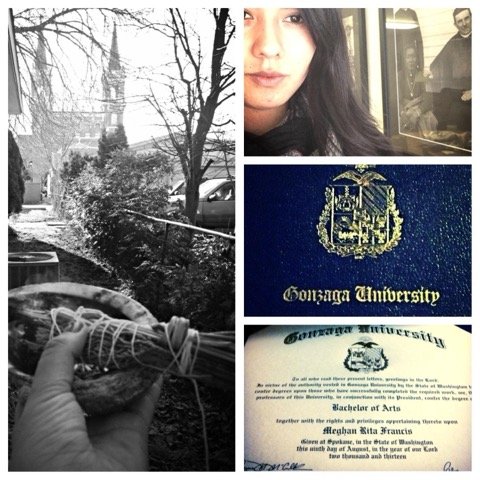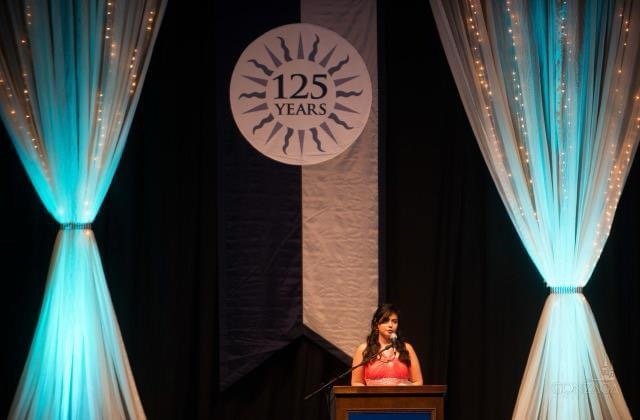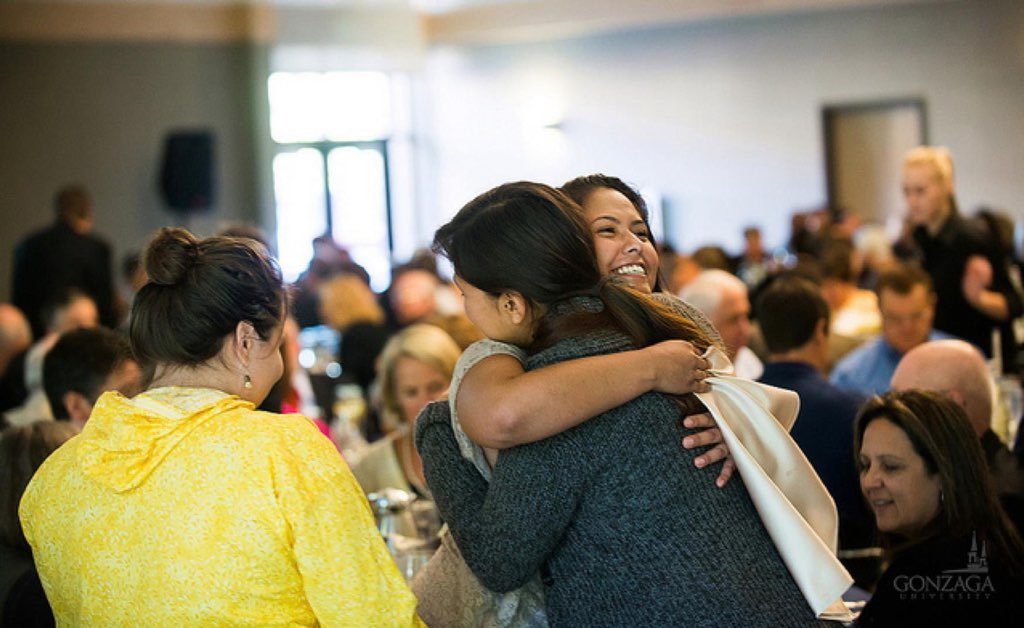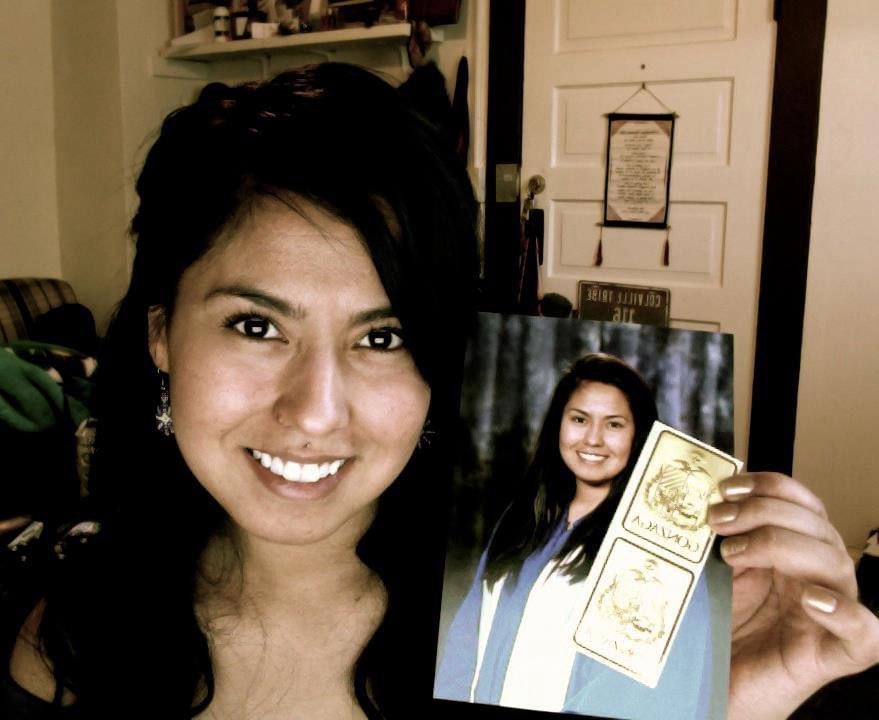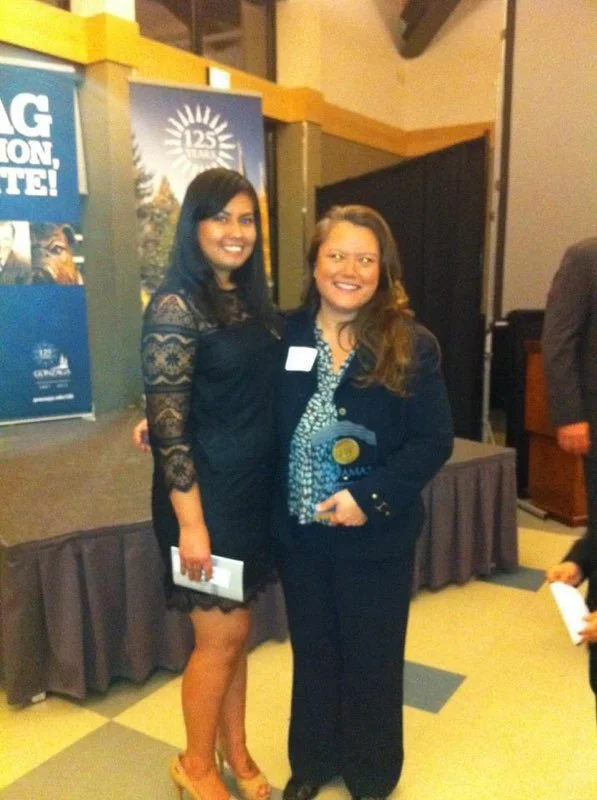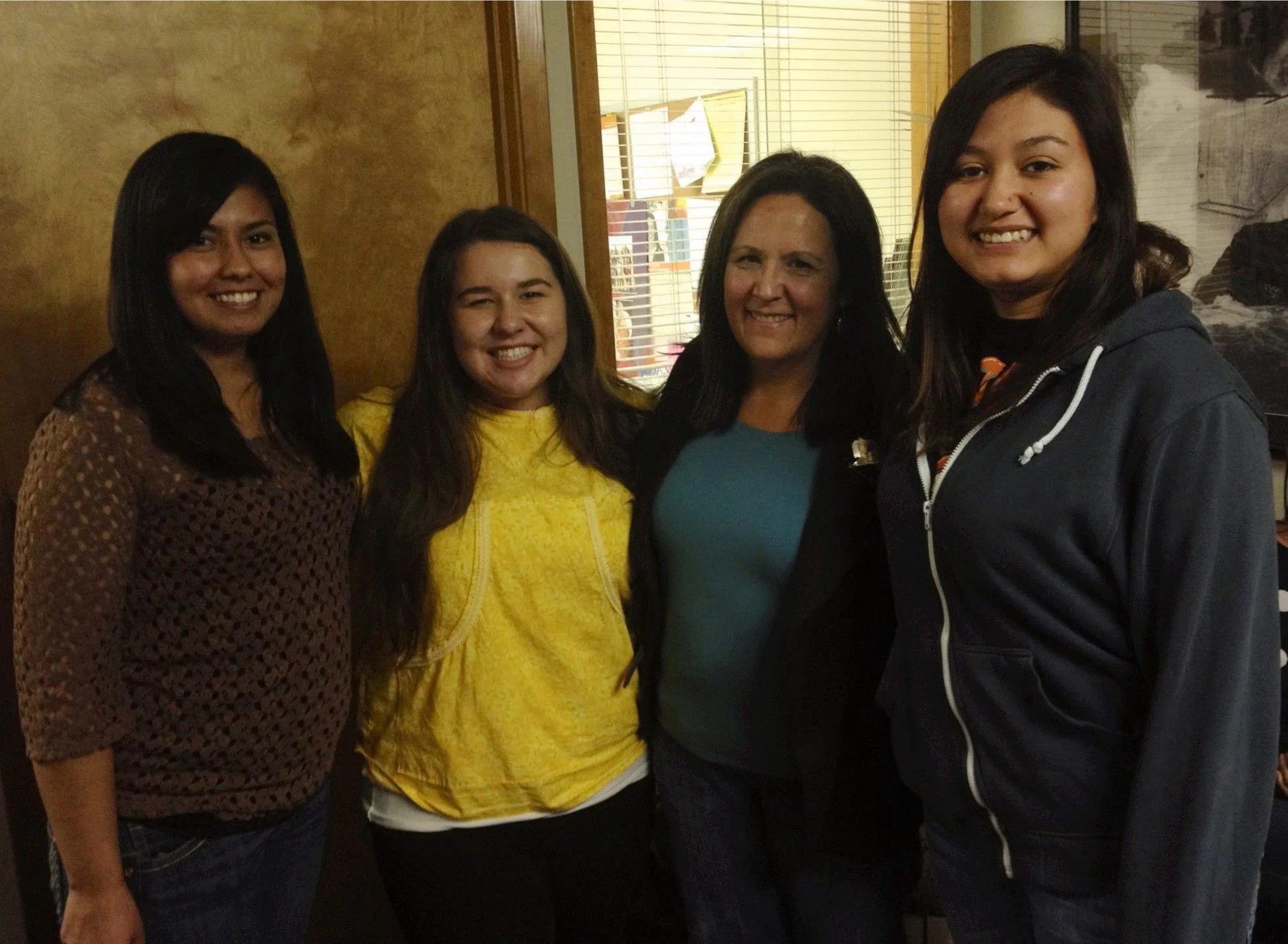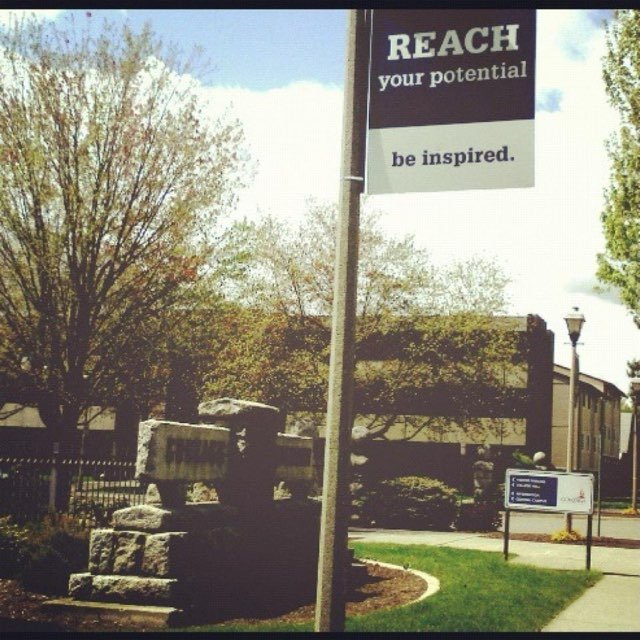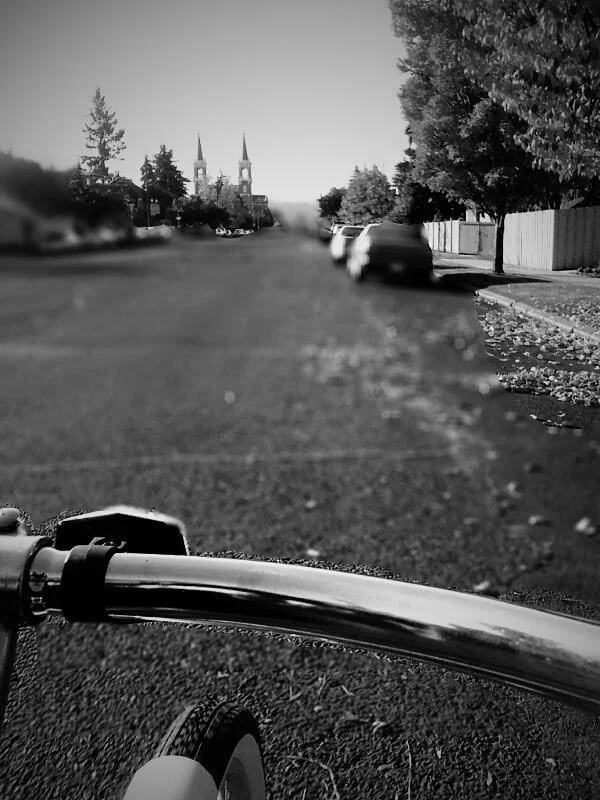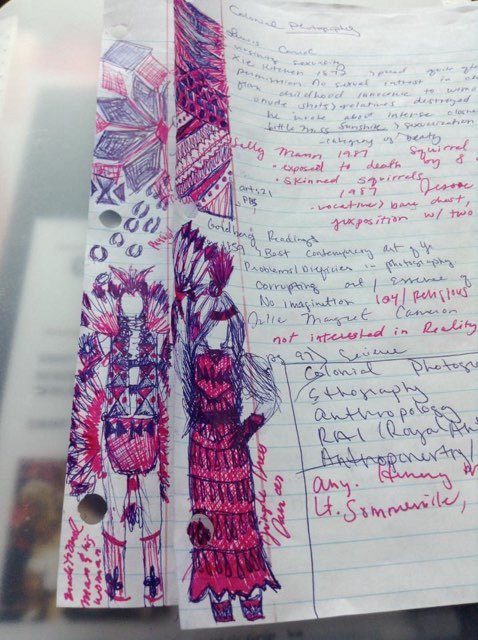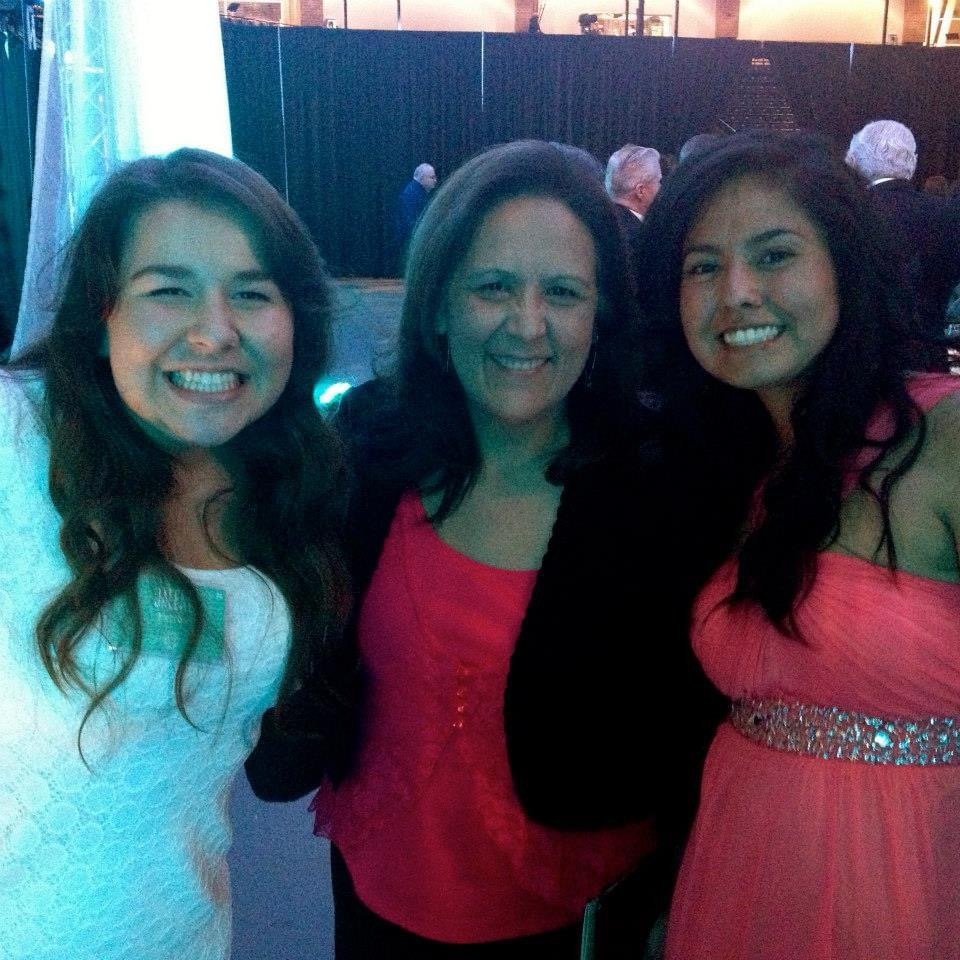From Adversity to Advocacy: Navigating My Path Through Gonzaga University
My graduation in 2013 from Gonzaga University
As a Gates Millennium Scholar at Gonzaga University, I embarked on an academic journey fraught with anticipation and dreams, aiming to pursue a career in medicine. However, the realities of college life, compounded by the challenges of living with arthritis, quickly set in. The pressure was immense, and during my first semester, the stress triggered such severe arthritis flares that I could hardly walk. This physical and emotional turmoil forced me to reconsider my path, leading me to transfer to Eastern Washington University (EWU) where I could better acclimate to the demands of college life and independence.
At EWU, I immersed myself in public health and American Indian studies, disciplines that allowed me to focus on my community's well-being and history. It was during this period that I discovered my passion for public relations—a field where I could advocate for change and give voice to my community's stories and concerns. Yet, the call to return to Gonzaga remained strong; it was a personal goal I had set for myself since seventh grade, fueled by early experiences with the university's partnership program with my school in Nespelem.
Returning to Gonzaga at 21, I was determined to succeed. I changed my habits and lifestyle, becoming a full-time, maximum credit student. Despite living off-campus and commuting by bike, I encountered significant racism from classmates and professors—a stark reminder of the systemic challenges that Indigenous students face in higher education. However, finding solace and strength in the "Native House," I was able to connect with others who shared my experiences and worked together to raise awareness about the importance of having a supportive community on campus.
One of the most profound realizations during my time at Gonzaga was the importance of staying true to my identity and heritage in my academic work. Despite pressures to conform and cover more "mainstream" topics, I consistently centered my assignments around Indigenous perspectives and issues, such as the Violence Against Women Act (VAWA) and the crisis of Missing and Murdered Indigenous People. This approach often set me apart and, at times, subjected me to criticism from peers and faculty alike. Yet, it was through these experiences that I learned the power of advocacy and the importance of raising awareness about issues that are too often overlooked.
My journey through college was not just about academic achievement; it was a deeply personal quest for identity, empowerment, and the realization of my dreams. From the challenges of navigating a predominantly white institution to the joys of connecting with fellow Indigenous students and celebrating our heritage, my college years were a time of growth, resilience, and perseverance.
As I reflect on my journey, I am reminded of the resilience of my ancestors and the strength of my community. My experiences at Gonzaga and EWU have not only shaped my academic and professional aspirations but have also deepened my commitment to advocating for Indigenous rights and perspectives in every space I enter. Whether through public relations, education, or community engagement, I am dedicated to making a difference and continuing the work of those who came before me.
Looking ahead, I am excited about the possibility of furthering my education and exploring new avenues for advocacy and change. Despite the challenges, my time in college has taught me the importance of staying true to myself and my values, and I am eager to see where this path leads me. My journey is far from over, but I am grateful for every lesson learned and every obstacle overcome. It is these experiences that will guide me as I continue to strive for justice, equity, and empowerment for Indigenous communities everywhere.
Among the multitude of reasons I was drawn back to Gonzaga University, the significance of being close to home and the profound connection I have with the water cannot be overstated. The rivers that run through this land—Snake, Spokane, and Columbia—carry the stories and spirits of my ancestors, who lived along these waters for generations. My relationship with these waters goes beyond mere geography; it is a source of comfort, reflection, and spiritual rejuvenation. Whenever I felt overwhelmed by the challenges of college life or the sting of isolation from facing racism on campus, I would seek solace by the water. This practice, deeply rooted in my culture and personal history, provided me with the clarity and strength needed to persevere through difficult times. The water, with its ceaseless flow and enduring presence, reminded me of the resilience required to navigate the dual worlds of academic pursuit and cultural fidelity. It was a constant reminder that, like the rivers that have shaped the landscape of my home, I too could carve my own path, despite the obstacles that lay in my way.
The wisdom imparted by my biology advisor at Gonzaga University, albeit daunting, served as a pivotal moment in my academic journey. His words, suggesting that I was entering an environment where I would either "sink or swim," echoed in my mind, not as a warning, but as a challenge. This metaphor, while intended to underscore the rigorous path ahead, instead reminded me of the resilience inherent within me, a resilience mirrored in the natural world that surrounds and nurtures my community.
I often thought of the salmon, a creature revered in my culture for its strength and determination. These magnificent fish, which once thrived in the rivers around us before the construction of dams altered their habitats, symbolize endurance and the ability to overcome obstacles. Their annual migrations, battling currents to return home to spawn, resonated deeply with my own struggles and aspirations. In moments of doubt or difficulty, I would remind myself of the salmon’s journey, recognizing that, like them, I possessed the strength to navigate the challenges I faced.
This reflection served as a source of inspiration, empowering me to push forward even when the odds seemed stacked against me. It was a reminder that the ability to "swim" amidst adversity was not just about surviving but about thriving and making my way back home, much like the salmon. This perspective was a beacon during my time at Gonzaga, guiding my efforts to succeed academically while staying true to my roots and the lessons of resilience and perseverance taught by the natural world.

